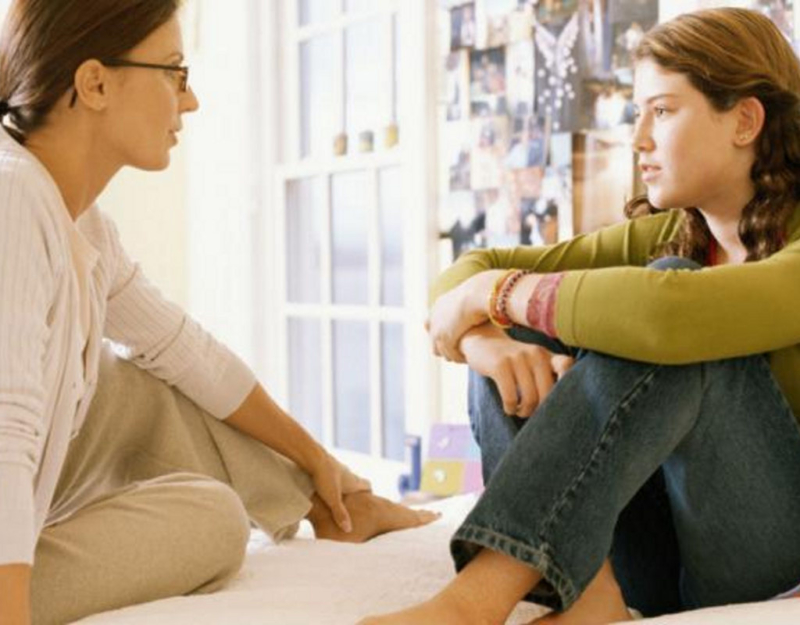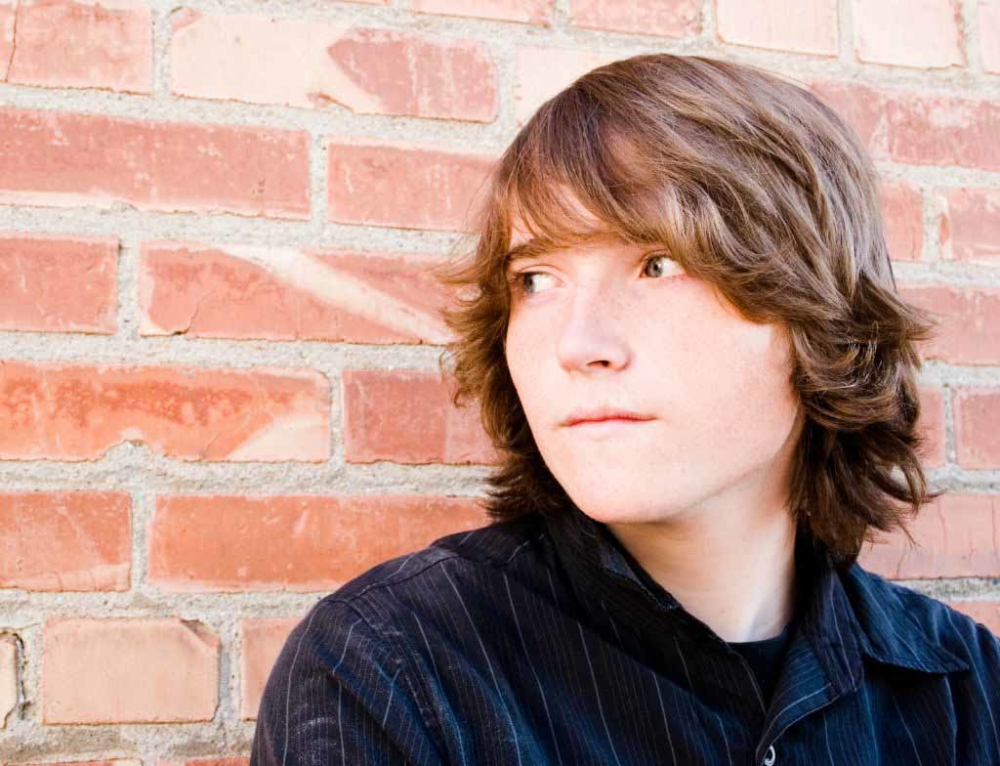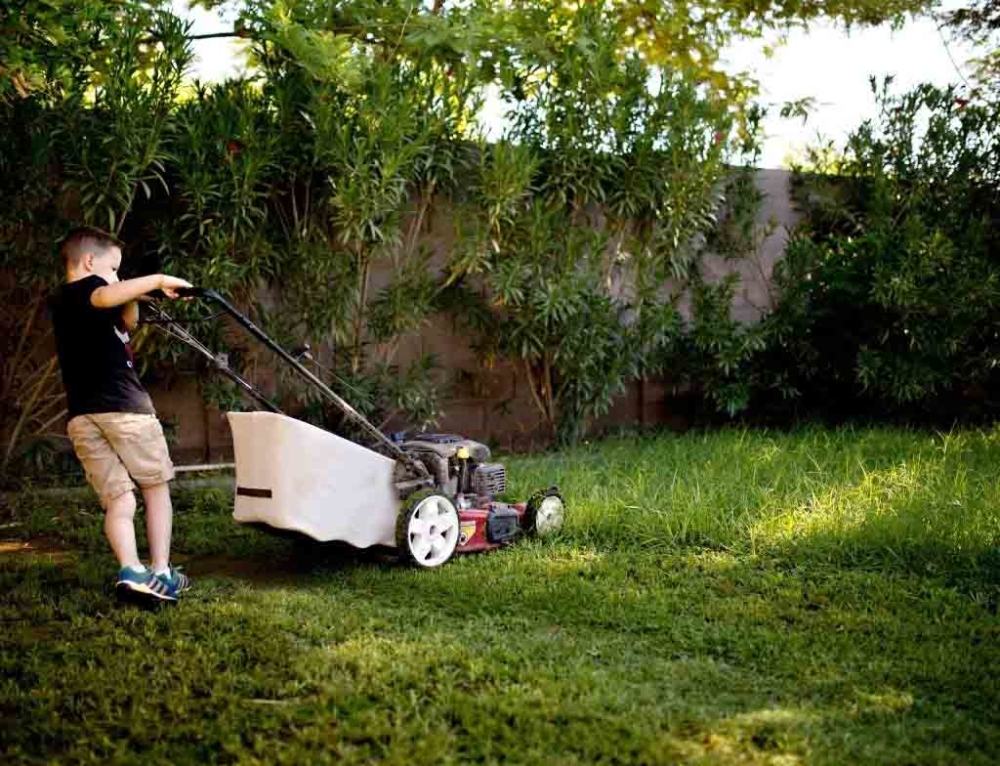Setting boundaries with our kids can be tough. Once they become teens, it gets even tougher. And boundaries related to alcohol consumption can be some of the most challenging of all. Dr Justin Coulson offers some advice on how to handle the issue.
How do you set rules and boundaries about alcohol with your kids? Here are seven tips for talking about alcohol with your kids:
Get your relationship right
A short while ago a father contacted me for help with his teenage daughter. They were fighting – a lot. It had escalated to a point where he had hit her, and since that episode she had refused to speak to him, look at him, or even be in the same room as him.
It is impossible for us to have any influence over our children and their decisions when our relationship is consumed with contention. The kids simply shut us out.
Attention is the currency of our relationships with our teens. Even when they act like they don’t care, they generally do – and they will respond positively to a chance to spend time with us.
Get educated
What do you know about alcohol and the developing brain?
Or about how your attitude to alcohol can influence your child’s decisions about when to drink – and what to drink?
Do you know what the law is in regards to alcohol and under 18’s?
The more you know about alcohol, the more you can guide your kids effectively. Check out Cheers.org.nz or Alcohol.org.nz site for more information and resources. Or just Google ‘alcohol and adolescence’. You’ll find a mountain of information.
Be an example
I know it sounds trite. And I know it probably doesn’t even seem fair. But the simple truth is that our kids follow our example. They’ve done it since they were babies, and they’ll continue doing it into adulthood.
So now that you’re equipped with this alcohol info, take a look at your alcohol-related habits. Chances are that you don’t have a ‘problem’, but as this TV ad shows, we don’t have to be a problem to impact on our kids. Psychologists call it the ‘intergenerational transfer’ of behaviour.
Is your alcohol-related behaviour transferring to the decisions your teens might make?
Find out what your kids think
It seems that most adults expect that kids will want to drink – and find a way to do it. And for the most part, we’re generally accepting of this. But our kids don’t always see it that way (as this research shows). In fact, lots of kids don’t want to drink, but just don’t know what to do about the pressure that comes from others.
Drinkwise reports that two-thirds of 12-15 year-olds haven’t touched alcohol. And 20 percent of 16-17 year-olds abstain as well!
So ask your kids what they think. Your conversation may be illuminating.
Set boundaries together
Yes, I know that this sounds idealistic. How many of us can really sit down with our teens and have a ‘limit setting’ conversation?
Every family works differently, and teen temperaments can clash with parent personalities, but try these ideas:
- Get out of the house. You’ll almost certainly find the conversation will be more successful if you go out for a hot chocolate or ice-cream and bring up the things you’ve discovered – and then enjoy where the conversation goes.
- Ask questions more than you talk.
- Find out how your kids feel about alcohol-related incidents in the media. This can be a great conversation starter, and it naturally leads to discussion around personal values and limits related to alcohol.
- Talk with your kids about how YOU are ‘getting’ YOUR head around the research too. Tell them about how your discoveries have made you want to make change.
- Ask your kids what they know about alcohol and the law. And see if they understand why those laws are in place.
Remember, that when your expectations are high, your kids are more likely to delay their introduction to alcohol, and if they do decide to drink they’ll do so at lower volumes. So make your expectations clear (and high) as part of the conversation.
Stay involved and monitor
Ask the kids where they’re going and who with. Find out what they’ll be doing. Offer to drive them there and pick them up. Get to know the parents of the other kids.
The research on the importance of parental involvement and monitoring is clear: when you stay involved and show you’re monitoring things, your teens will be more likely to stick with your expectations.
Our involvement with our kids needs to be maintained the right way though – and this is where we come full circle. The quality of our relationship matters. Kids do best when they have parents who are strict and firm in their expectations, but who are also warm and understanding.
Remember, if you come down too hard, you’ll push them away from you and straight into the thing you want them to avoid – in this case, alcohol. And if you’re too relaxed, they’ll see that as your endorsement of their behaviour, which can lead to binge-drinking and other risky experimentation.
There is an abundance of evidence to support the argument that delaying our kids’ consumption of alcohol for as long as possible is best for them. And research shows that the majority of Australian parents are working at doing just that. By maintaining high expectations, setting a wise example, and keeping our relationship strong, it is more likely that our children will delay their alcohol experiences longer, and drink less when they do drink.
This article was written by Dr Justin Coulson for Kidspot Australia and has been adapted for Kidspot New Zealand.
Read more on Kidspot:
- Overcoming peer pressure to drink alcohol
- Teen party survival guide
- Teen confidentiality: Sex, drugs and doctor’s appointments







Great tips here. I especially like the tip of staying involved and adding on to that having a great relationship with your children where you can communicate easily together will help immensely
I’ve been through the alcohol talks with my son who is now 25 and we have a 6 year old daughter. We plan to stay very open and honest with her about alcohol, neither of us drink much but the peer pressure etc will raise their heads I’m sure at some stage in the future
This is something I talk about with my children as their is a family history of alcohol abuse, they get to see the effects of it in adults now and its not pretty so I am hoping that this will make their weary of the negative effects drinking can have. We have talked often that they can have a drink when they are older but they need to be aware of the amounts they are drinking and that it is not taking over their life. I want them to grow up and be able to enjoy a glass or two but just that, one or two, not a big binge drinking session and having it take over their lives.
I wish I had this talk with my parents back then. I didn’t have a good track record when it comes to drinking during my university days. It’s good to have gone past this now but it’s good to have this info on hand when it comes to talking it out with my future teen.
I like how this information has websites with info and resources. This is a great read and will be very helpful advise to carry with me when my daughter becomes the first teenager in our house. I say goodluck coz that girl is just as stubborn as me haha.
My kids are still young but we talk quite openly about drinking. We have a few drinks here and there. Socially mainly or with dinner. We talk about moderation, and drivers too. For us its about taste – we are very foodie in our house so we drink small amounts of hand crafted things. I have spoken to my eldest about drinking because she is not a fan of the idea. I have said that she should do as she wants and not feel pressure when the times come. But have also told her she will need to find ways to be social around drinkers. I know of a girl who was not a drinker and didn’t hang out with people much and it was always so sad. There was no pressure for her to join in, but just to be with others having a social time. And she missed out on so much.
This is a challenge faced by teenagers as well as parents… especially in Nz with highest rate of teen suicide in the world… alcohol is not only used for fun purposes but also to drown depression.. a good healthy balance comes from knowing the risks and adhering to rules… without which alcohol should not be consumed.